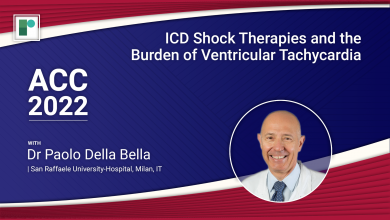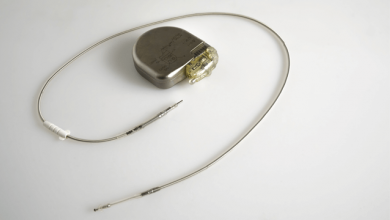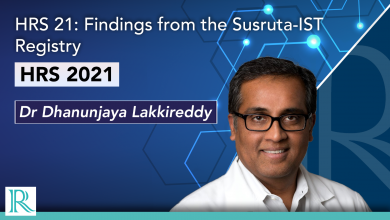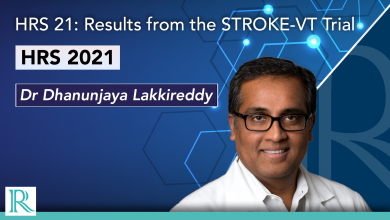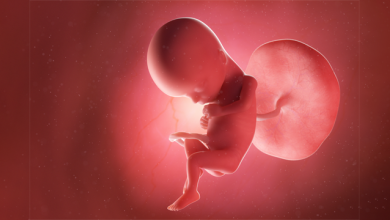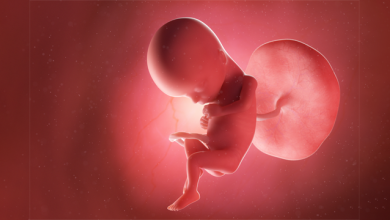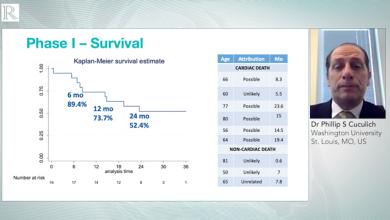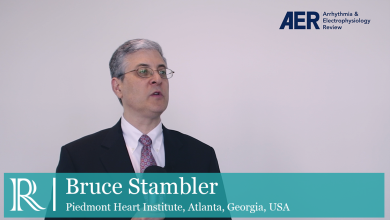Ventricular arrhythmia encompasses a wide spectrum of abnormal cardiac rhythms, from single premature ventricular complexes to sustained monomorphic ventricular tachycardia (VT), polymorphic VT and ventricular fibrillation. Sustained ventricular arrhythmias are the most common cause of sudden cardiac death.
People with VT and structural heart disease are often managed with implantable cardioverter-defibrillators. Pharmacological therapy for VT has limited efficacy and is associated with a high incidence of adverse effects. Radiofrequency catheter ablation is useful for controlling recurrent episodes of monomorphic VT; however, research is needed to define the role of catheter ablation in the treatment of other ventricular arrhythmias.












